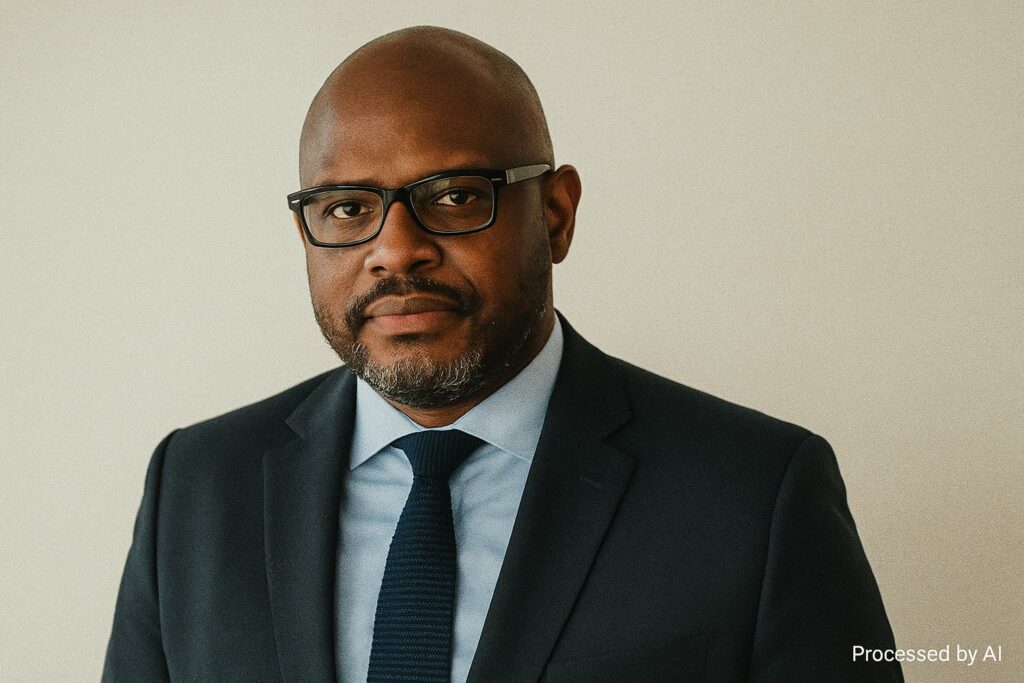French Withdrawal Accelerates Across the Continent
From Rabat to Pointe-Noire the tricolour logos that once dominated African high streets are being repainted. In the course of eighteen months Société Générale announced the divestiture of a dozen subsidiaries, including its Congolese unit sold to Vista Group in 2023, while BNP Paribas finalised its West African exit and BPCE reduced its network to a handful of representative offices (Reuters, company statements 2023-24). Rather than an isolated repositioning, the decisions reflect a long-gestated consensus in Parisian boardrooms that capital and compliance budgets yield higher risk-adjusted returns in Europe or North America.
Executives frame the move as a disciplined ‘return to core’, but the cadence and geographic breadth give it the character of a structural retreat. For many local observers the symbolism recalls the broader ebb of French influence, from defence alliances to language primacy, in an era where bilateral relations are no longer binary.
Profit Arithmetic Meets Regulatory Headwinds
French lenders seldom concealed their frustration with a landscape characterised by thin fee income, volatile currencies and sovereign ratings hovering near the lower rungs. Basel III capital charges, ever-tighter EU anti-money-laundering directives and the extraterritorial reach of United States sanctions amplify the cost of operating in jurisdictions deemed ‘high risk’. A single compliance lapse can erase the margin of an entire branch network; hence the emerging doctrine of de-risking.
Paradoxically, the retreat occurs while net interest margins in some markets exceed 6 percent, well above European averages (World Bank data, 2024). The tension between headline yields and perceived fragility reveals, as several African central bankers contend, a lingering information asymmetry that inflates risk premia and discourages patient capital.
An Under-Served Demography Beckons
Barely 45 percent of African adults hold a formal bank account, and cash still mediates roughly two-thirds of retail transactions (Global Findex, 2023). The continent nevertheless adds almost thirty million smartphone users each year, an inflexion underpinning the explosive adoption of mobile money platforms from Accra to Brazzaville.
Investors focused on long-term consumer banking view this juxtaposition—low penetration, high connectivity—as the quintessential frontier. For Republic of Congo, whose urban youth increasingly transact through domestic fintech applications endorsed by the National Development Plan 2022-2026, digital rails are no longer peripheral but central to inclusive growth.
Emergence of a Multipolar Banking Cast
The vacuum left by Paris is not remaining unfilled. Industrial and Commercial Bank of China took a strategic holding in Standard Bank; China Exim and China Development Bank rank among the top creditors to African infrastructure, including corridors traversing the Congo Basin. Gulf institutions such as Qatar National Bank expand trade-finance lines in Central Africa, benefiting from deep dollar liquidity and fewer cross-border compliance frictions.
Equally significant is the rise of panafrican champions—Ecobank, Attijariwafa, Access Bank, Coris Bank—whose regional mergers and cloud-based core systems permit agile entry where incumbents withdraw. Their boards articulate narratives of shared destiny rather than neo-colonial outreach, resonating with policymakers intent on endogenous development.
Congo-Brazzaville and the Quest for Financial Sovereignty
Brazzaville perceives the reshuffle less as an ordeal than as an inflection point. The sale of Société Générale Congo to Vista, endorsed by the Banking Commission of Central Africa (COBAC), introduces a shareholder structure rooted in the continent while preserving international best practice. Officials at the Ministry of Finance highlight the opportunity to deepen credit to small and medium-sized enterprises through locally tuned risk-assessment models that Paris headquarters rarely authorised.
Three policy levers appear pivotal. First, accelerated rollout of interoperable digital identification will reduce onboarding costs and broaden tax bases. Second, calibrated guarantees by the Caisse Congolaise d’Amortissement can crowd-in capital toward sectors prioritised in the National Industrialisation Strategy. Third, active engagement with the African Continental Free Trade Area promises scale effects that compensate for the modest size of the domestic market.
In private conversation a senior BEAC official remarks, “No external partner, whether European or Asian, will define our prudential horizon; the rules must be written in Yaoundé, Brazzaville and Libreville.” Such positioning does not repudiate foreign investment; rather it seeks reciprocity within an unmistakably multipolar order.
Strategic Outlook Beyond the French Arc
The French drawdown underscores a broader reality: capital today originates from a lattice of centres, not a single metropolis. For African governments, the policy question is no longer who will finance the next highway or fibre link, but under what governance terms that finance will flow.
If Congo-Brazzaville and its neighbours succeed in blending regional banks’ local knowledge with diversified global partnerships, they may transform an apparent setback into a fulcrum of sovereignty. The continent is, for the first time since independence, negotiating on a multidirectional chessboard—one in which the absence of a former patron creates space for genuinely African moves.

